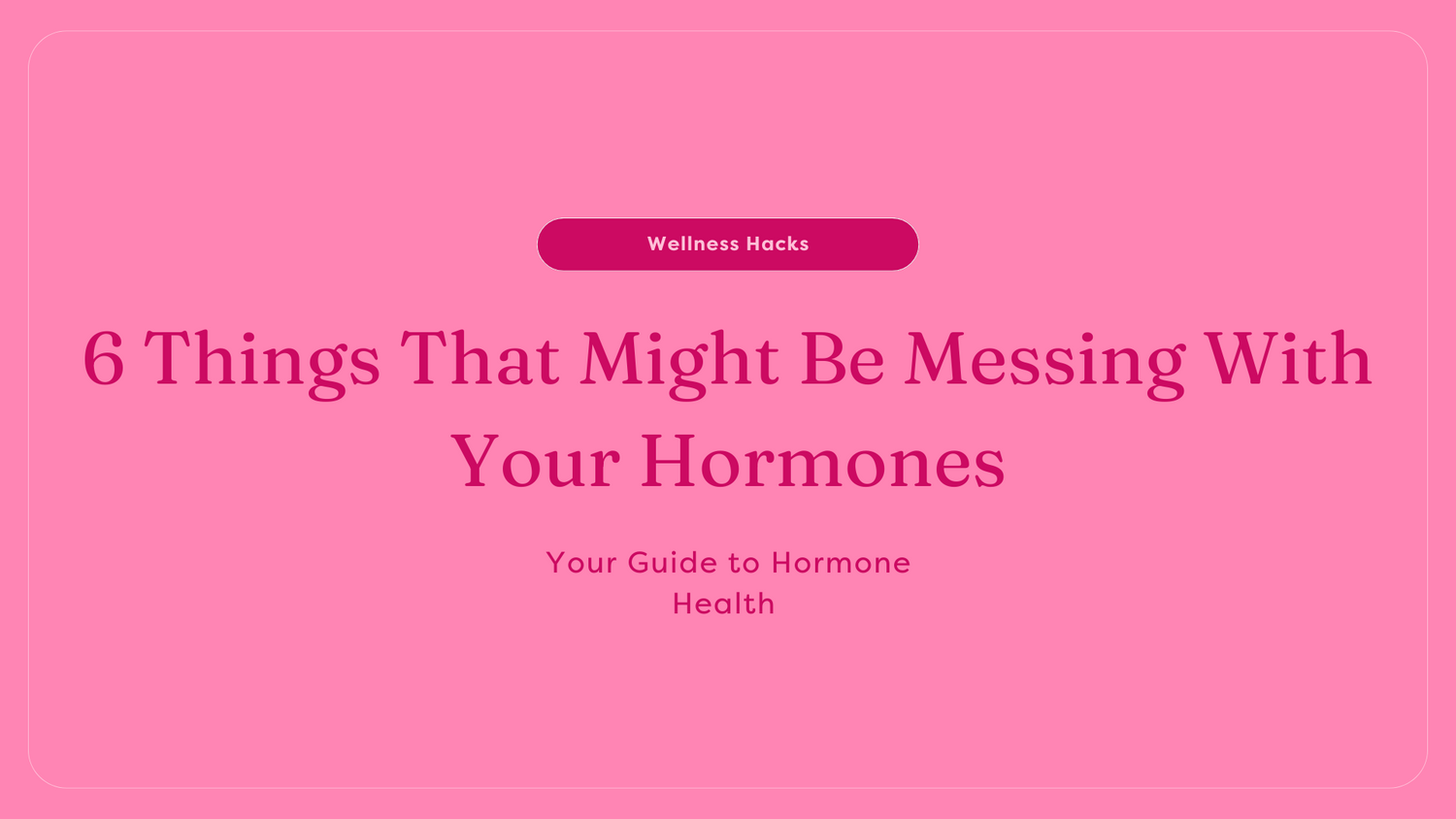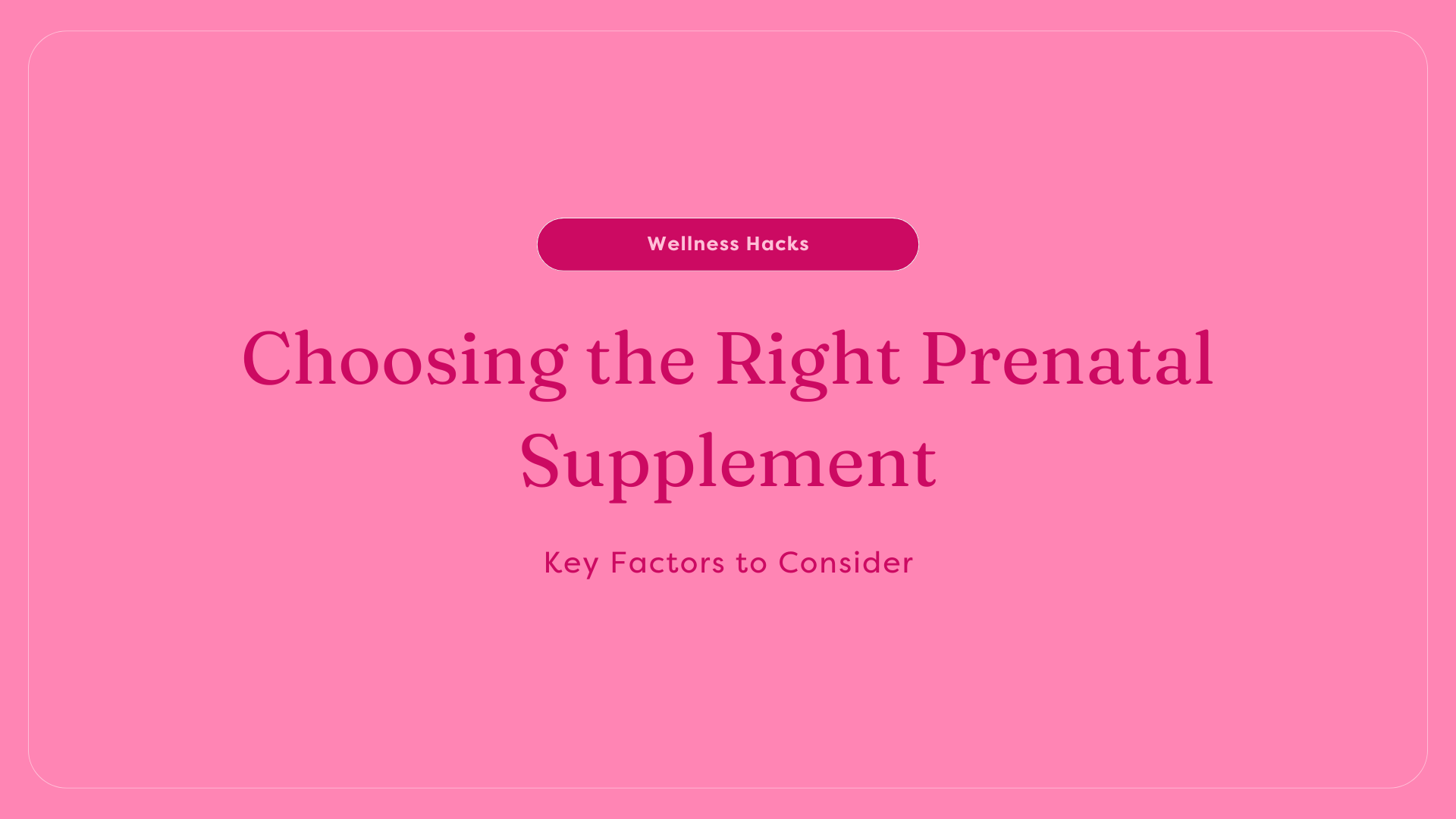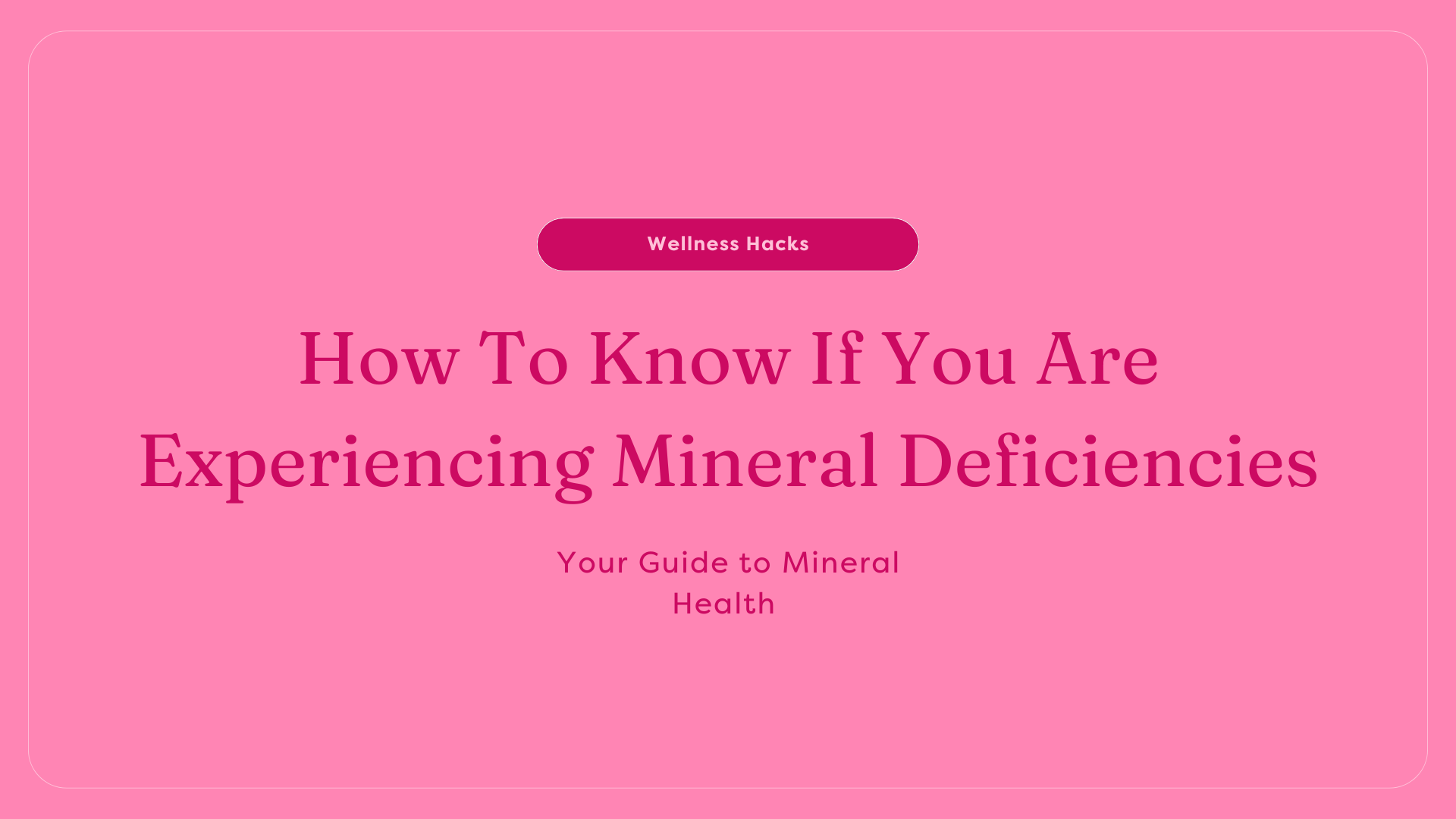Hormones are chemical messengers that regulate a multitude of functions in our bodies, from growth and metabolism to mood and reproductive health. Maintaining hormonal balance is essential for overall well-being. However, many things can disrupt this delicate balance. Let's explore six common factors that might be messing with your hormones and discuss how to mitigate their impact.
1. Stress:
The Hormone Connection: Chronic stress triggers the release of the stress hormone cortisol, which, when elevated for extended periods, can disrupt the balance of other hormones.
Solution: Practice stress management techniques, such as meditation, deep breathing, exercise, or mindfulness, to help lower cortisol levels and support hormonal balance.
2. Poor Diet:
The Hormone Connection: Diets high in processed foods, sugar, and unhealthy fats can lead to an undesired metabolic condition known as insulin resistance, and disrupt hormonal regulation.
Solution: Opt for a balanced diet rich in whole foods, including fruits, vegetables, lean proteins, and healthy fats, to support stable blood sugar levels and hormone balance.
3. Lack of Sleep:
The Hormone Connection: Inadequate sleep can disrupt the production of hormones, including melatonin and growth hormone, affecting your sleep-wake cycle and overall hormonal balance.
Solution: Prioritize quality sleep by maintaining a consistent sleep schedule, creating a comfortable sleep environment, and reducing exposure to screens before bedtime.
4. Endocrine Disruptors:
The Hormone Connection: Endocrine-disrupting chemicals found in some plastics, pesticides, and personal care products can mimic or interfere with natural hormones, potentially leading to hormonal imbalances.
Solution: Minimize exposure to known endocrine disruptors by choosing natural, organic products, using glass or stainless steel containers, and reducing the use of pesticides in your home and garden.
5. Sedentary Lifestyle:
The Hormone Connection: Physical inactivity can lead to weight gain and insulin resistance, affecting the balance of insulin and other hormones.
Solution: Incorporate regular physical activity into your routine, including cardiovascular exercise, walking, strength training, and mobility exercises, to support hormonal health.
6. Lack of Natural Sunlight Exposure:
The Hormone Connection: Natural sunlight exposure is essential for the production of vitamin D, which plays a role in hormonal regulation, immune function, and mood.
Solution: Spend time outdoors in the sun to ensure your body gets adequate vitamin D. If necessary, consider vitamin D supplements, especially in regions with limited sunlight during certain seasons.
Maintaining hormonal balance is crucial for overall health and well-being. By addressing these factors that might be messing with your hormones, you can take proactive steps to support your body's natural regulation. If you experience persistent hormonal symptoms, it's essential to consult with a healthcare provider for a thorough evaluation and personalized guidance to restore balance and optimize your health.







Leave a comment
This site is protected by hCaptcha and the hCaptcha Privacy Policy and Terms of Service apply.